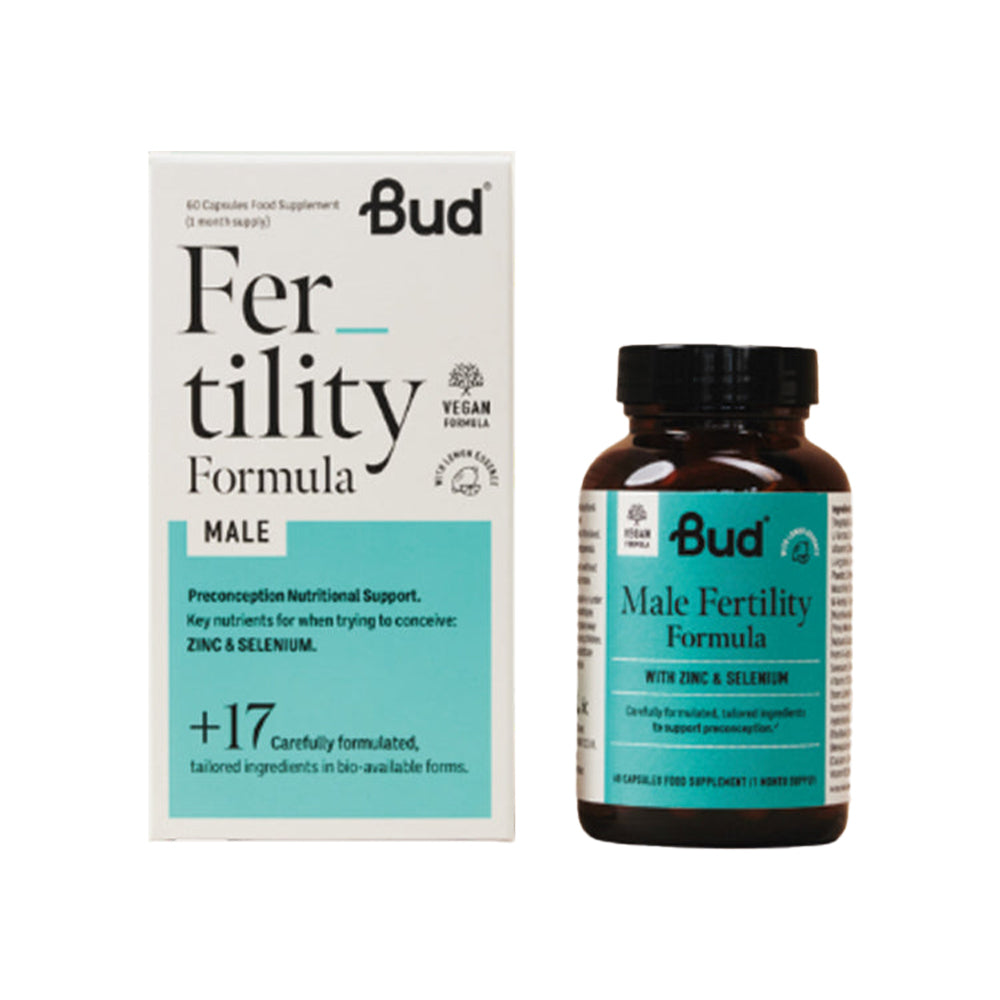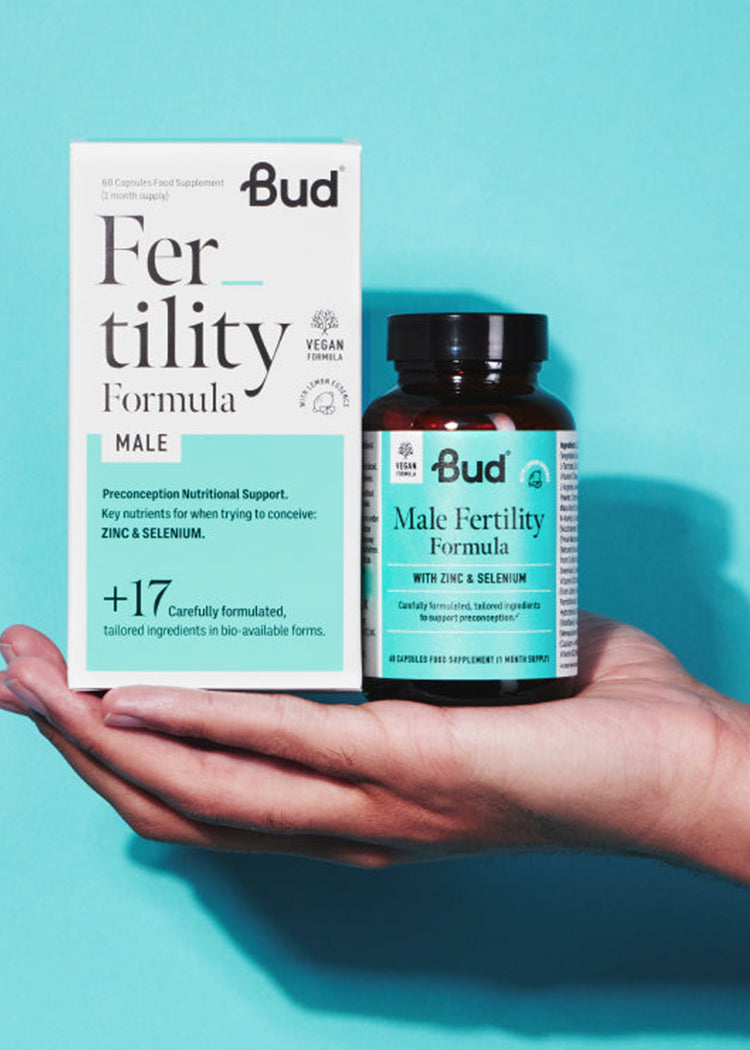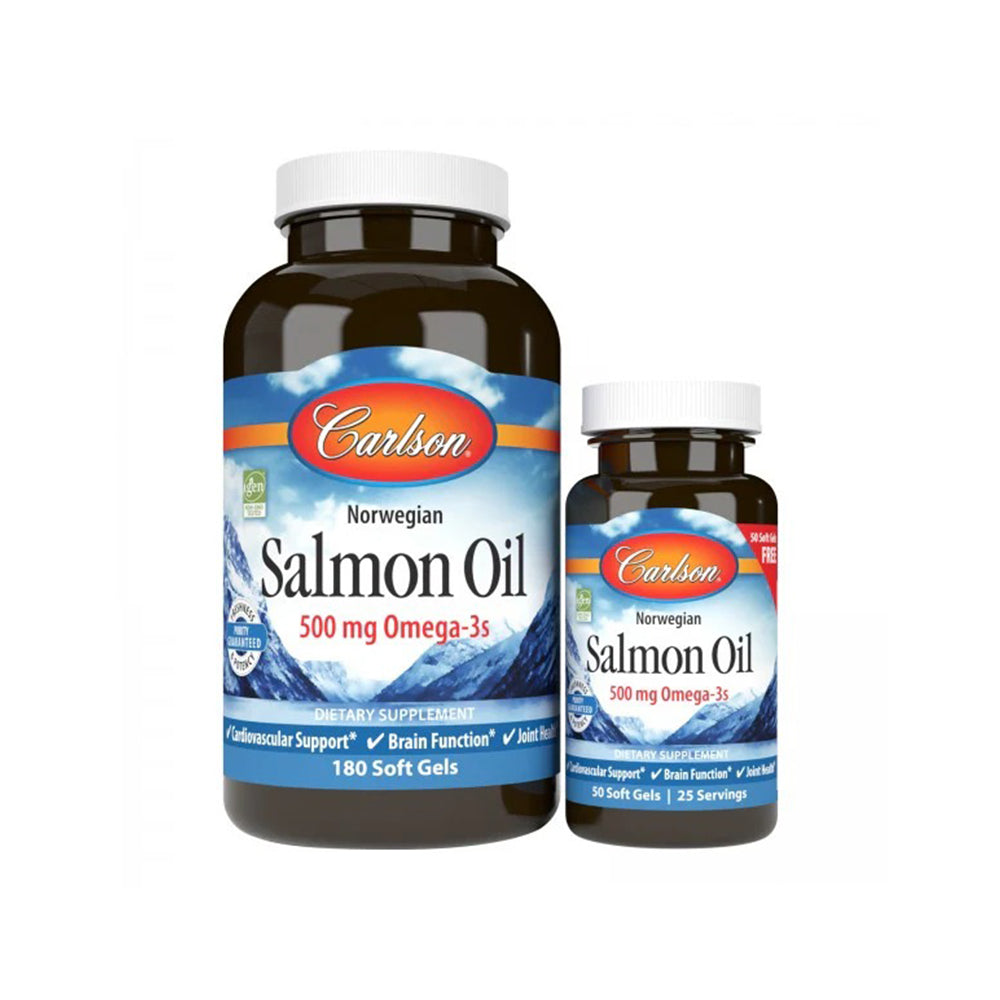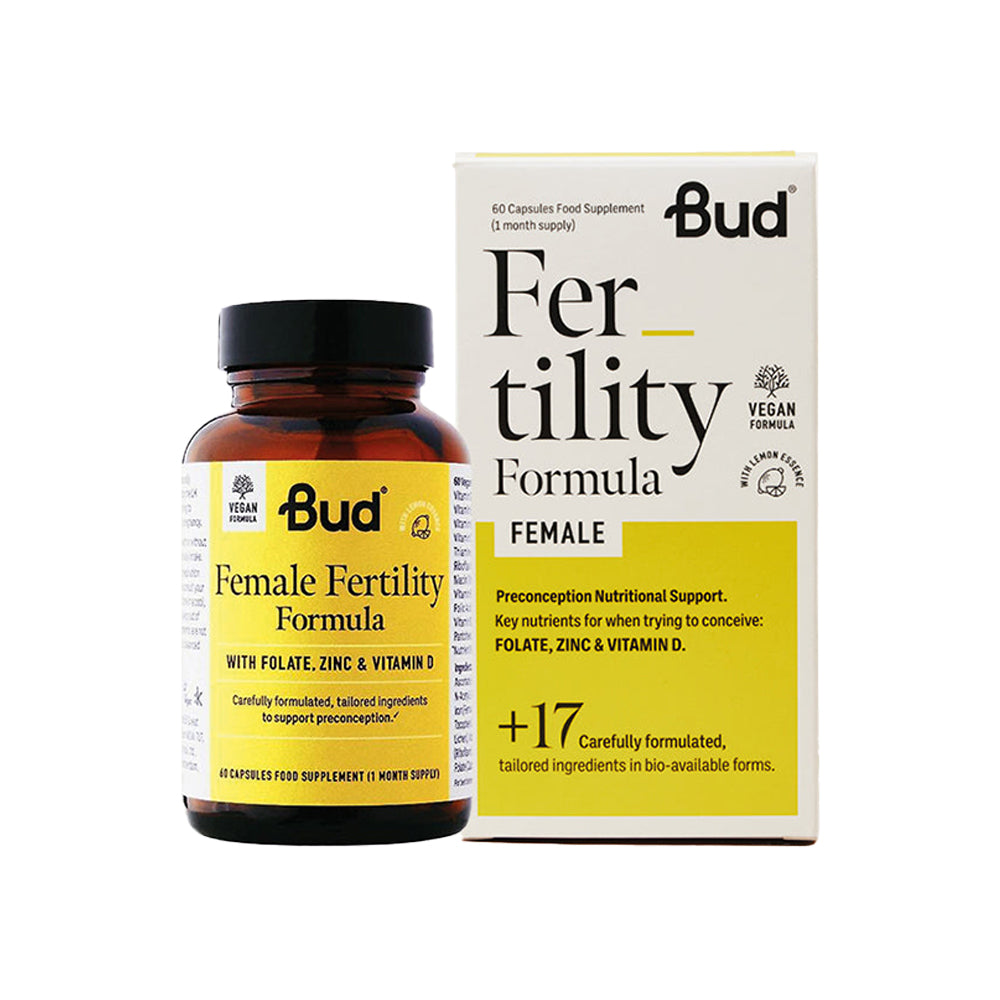Mental health is synonymous with physical health, and although the thought may have never even crossed your mind, what's going on in your mind can affect your intimate health too! When your mental health isn’t in the best shape, it can cause some real issues down below.
In this article, we’re going to take a look at the relationship between stress and vaginal health, as well as let you know how you can lower your stress levels in order to alleviate any intimate issues you may be facing.
WHY DOES STRESS AFFECT VAGINAL HEALTH?
In order to keep vaginal health in its prime state, a healthy amount of estrogen in the body has to be maintained. When estrogen is at an optimal level, the vagina holds protective bacteria, the pH of the vagina is perfectly balanced, and the menstrual cycle is fully supported and managed.
However, when we experience stress, our cortisol (the stress hormone) levels increase and interfere with the estrogen level in the body. Therefore, the natural, balanced, hard-working hormonal system that keeps our vagina in a good state of health is knocked out-of-whack and we may experience vaginal health issues, such as the most commonly experienced ones below.
1. IT CAN TIGHTEN YOUR PELVIC FLOOR (NOT IN A GOOD WAY)
When we’re stressed, we hold tension in our bodies - the most commonly known areas we do this are our shoulders, heads, and bowels. However, as Heba Shaheed - physiotherapist, nutritionist, and CEO of The Pelvic Expert states, “As high levels of stress, fear or anxiety can cause muscles to reflexively tighten, these factors can lead to a hypertonic pelvic floor”. A hypertonic pelvic floor can lead to a multitude of painful symptoms, such as pelvic pain, pain during sex, and urinary incontinence.
2. IT CAN INCREASE THE LIKELIHOOD OF INFECTIONs
Increased levels of cortisol don’t only lower the strength of the immune system and therefore make infections more likely, but also reduce the bacteria that maintain good vaginal health. Dr Uma Vaidyanathan, senior consultant in gynaecology and obstetrics at Fortis Hospital states that “the decrease in the pH of the vagina creates an environment conducive for the proliferation of female genital tract infections". Therefore, when you’re stressed, you’re more likely to succumb to infections such as UTIs and STIs.
3. IT CAN MESS UP YOUR MENSTRUAL CYCLE OR STOP MENSTRUATION
Changes in cortisol levels affect the hormones that regulate the menstrual cycle. Therefore, as the NHS (National Health Service UK) states,” If you're stressed, your menstrual cycle can become longer or shorter, your periods may stop altogether, or they might become more painful". Missing periods or having delayed periods can result in extra stress and anxiety, making the issue worse and often prolonging the return of your normal menstrual cycle.
4. IT CAN CAUSE VAGINAL DRYNESS
Stress and anxiety can interfere with a woman’s sexual desire and affect the flow of blood to the vagina which directly leads to vaginal dryness, as the Gynaecology Associates of Gwinnet state. Vaginal dryness can cause pain when urinating, pain when having sex and cause a persistent itchy sensation.
5. IT CAN CAUSE CHANGES TO DISCHARGE
Vaginal discharge is normal and an important bodily function that removes dead cells and bacteria from the vagina and cervix. Hormone imbalances caused by increase cortisol levels when you’re stressed may increase the amount of vaginal discharge and the discharge may have an unpleasant odour if you are suffering from an infection (most likely stress-related!).
OUR GO-TO GUIDE FOR REDUCING STRESS LEVELS
Although there are no quick fixes for reducing stress, there are things that you can work on to reduce your stress levels and improve your mental health in your everyday life.
PRACTICE MINDFULNESS
Practicing mindfulness, by doing activities such as journaling, meditating, or doing yoga, can center the mind, quieten busy thoughts, bring focus to what’s important in life, and bring about a sense of calm and tranquillity.
We all live incredibly busy lives, and often it can seem daunting to try and fit mindfulness practices into our hectic schedules, but research shows that even 5 minutes of meditation, or doing a quick bit of journaling before bed, can reduce stress levels significantly. So, start small by adding 5-10 mindfulness practices into your daily routine.
PRIORITIZE SLEEP
Sleep is incredibly important to both your physical and mental health and is, therefore, something that needs to be prioritized - without good quality sleep you can get physically sick and stress levels can increase. The best way to get a good night's sleep is to put down your blue-light devices (phones/laptops) that prohibit melatonin being released, take a hot bubble bath to relax the body and mind, and get the oil diffuser on or spray an essential oil pillow mist on your bed linen to promote sleepiness.
GO SELF-CARE CRAZY
When you’re dealing with a stressful time it’s easy to let yourself go a little, which only makes you feel worse. So, ditch the sweatpants, hop in the shower, and get your self-care on! Do what makes you feel good and practice what brings you joy.
The best self-care ideas include taking time for a mini-spa session at home by popping your favourite face mask on, taking time every day to focus on looking after your skin by practising a skincare routine, or simply carving out time to do something nice for yourself, such as stretching, saying kind things about yourself, or buying yourself fresh flowers!
LESS STRESS = HAPPIER VAGINA!
The relationship between stress and vaginal health is a complex one, but the bottom line is, stress isn’t good for you, and it’s certainly not good for your intimate health.
So, it’s time to keep a close eye on your mind, reduce your stress levels, and protect your vaginal health
















